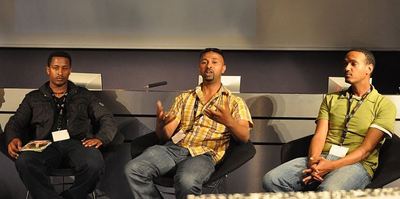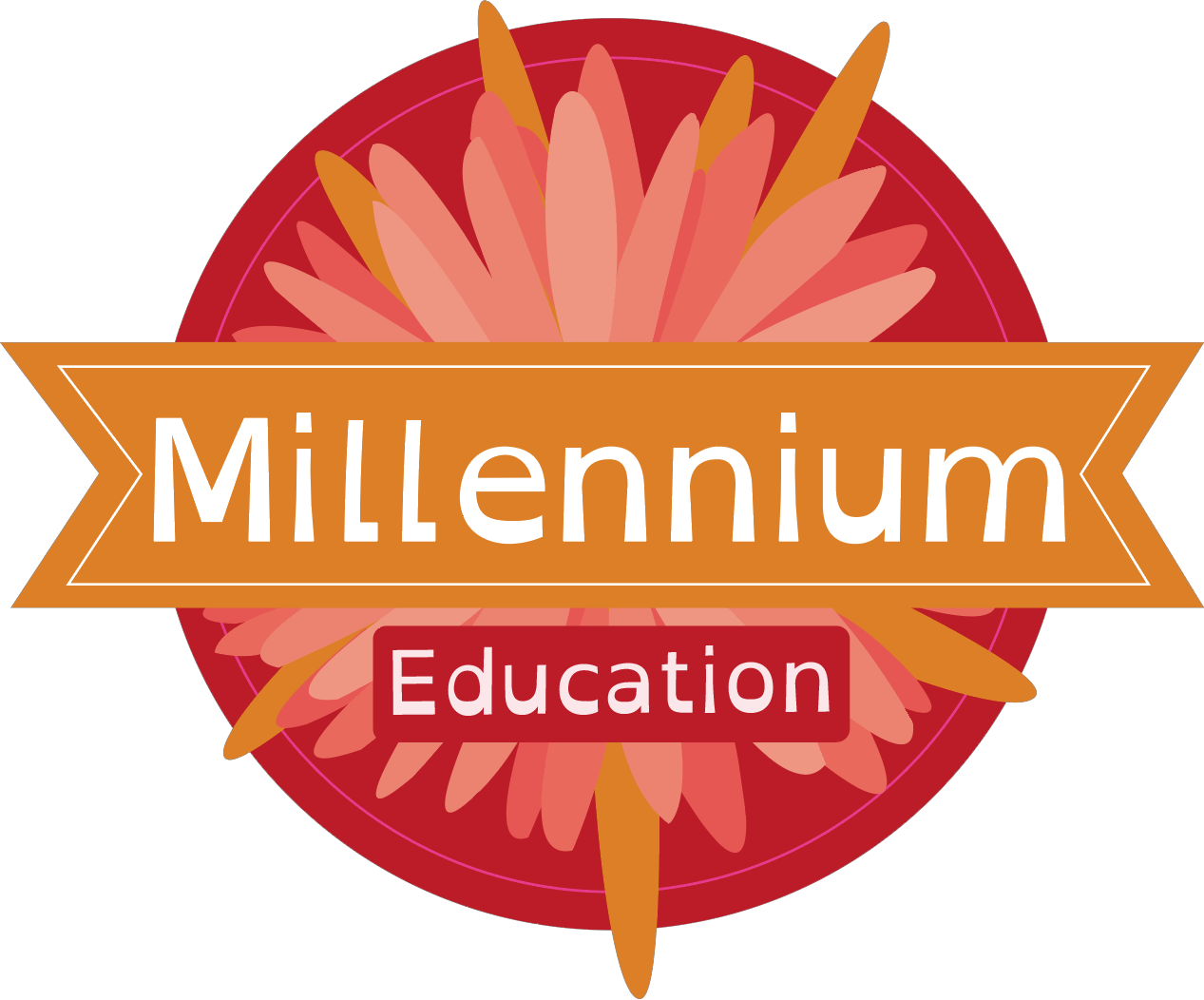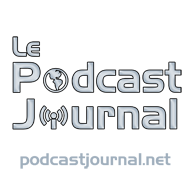Think Ethiopia. What leaps to mind is the image of a country of superb athletes. Look again, a new image is poised to emerge: Eithiopians are engaged in turning their centuries-old fascination with story telling into cinema.
Three of the embryo industry's films were screened for the first time in Europe in Monaco, May 20th, thanks to a trio of godparents: the International Emerging Film Talent Association, the International University of Monaco and Eco Art International. All three films - 'Team iSpirit', 'Dancing for Unity' and 'Breaking the Barriers' - are short documentaries. The titles reflect the country's diversity - Ethiopia is a densely-populated mosaic of 80 ethnic groups, each with its own story-telling tradition, where discrimination is based on degrees of skin colour - and efforts to bring people together. Their style is narrative, crystaline, a style that makes immediate, intimate contact with the audience.
'Breaking the Barriers' follows a young man's move from his home in Gamballa to Addis Ababa where he is greeted as a stranger in his own country.
'Dancing for Unity' focuses on a club that performs myriad ethnic dances aimed at promoting self-actualisation and mutual tolerance.
'Team Spirit' is the story of an extraordinary Armenian, born in Ethiopia, who started a football team for the children in his neighbourhood to create a sense of community spirit and mutual support.
Before the Monaco screenings, the films' directors met with international distributors and producers at the Cannes Film Festival. "We came away with hope," said the young director of 'Breaking Barriers. He added, "We have many stories to tell, but we didn't know how to package stories to send abroad, we didn't know about script writing, shooting, directing. Since 2008, we have a film lab and we are learning." Marco Orsini, President of the International Emerging Film Talent Association is even more enthusiastic about the new film makers acceptance in Cannes. "They saw more distributors and producers in Cannes in two-and-a-half hours than I saw in seven days. Part of our mandate is to get these films viewed by the Ethiopians as well as abroad. We believe film can be a profitable business for Ethiopia. If you look at how successful Nigeria and South Africa have been with their film markets, you can understand how that potential can be reached in this country."
Three of the embryo industry's films were screened for the first time in Europe in Monaco, May 20th, thanks to a trio of godparents: the International Emerging Film Talent Association, the International University of Monaco and Eco Art International. All three films - 'Team iSpirit', 'Dancing for Unity' and 'Breaking the Barriers' - are short documentaries. The titles reflect the country's diversity - Ethiopia is a densely-populated mosaic of 80 ethnic groups, each with its own story-telling tradition, where discrimination is based on degrees of skin colour - and efforts to bring people together. Their style is narrative, crystaline, a style that makes immediate, intimate contact with the audience.
'Breaking the Barriers' follows a young man's move from his home in Gamballa to Addis Ababa where he is greeted as a stranger in his own country.
'Dancing for Unity' focuses on a club that performs myriad ethnic dances aimed at promoting self-actualisation and mutual tolerance.
'Team Spirit' is the story of an extraordinary Armenian, born in Ethiopia, who started a football team for the children in his neighbourhood to create a sense of community spirit and mutual support.
Before the Monaco screenings, the films' directors met with international distributors and producers at the Cannes Film Festival. "We came away with hope," said the young director of 'Breaking Barriers. He added, "We have many stories to tell, but we didn't know how to package stories to send abroad, we didn't know about script writing, shooting, directing. Since 2008, we have a film lab and we are learning." Marco Orsini, President of the International Emerging Film Talent Association is even more enthusiastic about the new film makers acceptance in Cannes. "They saw more distributors and producers in Cannes in two-and-a-half hours than I saw in seven days. Part of our mandate is to get these films viewed by the Ethiopians as well as abroad. We believe film can be a profitable business for Ethiopia. If you look at how successful Nigeria and South Africa have been with their film markets, you can understand how that potential can be reached in this country."

In 2008, the IEFTA launched the Global Film Expression initiative supporting emerging filmmakers in developing nations. The IEFTA co-hosted an international conference in the Ethiopian Capital Addis Ababa, in partnership with the Ethiopian Ministry Of Culture, the Addis Ababa University, and UNESCO.
* The IEFTA has subsequently helped fund documentary training workshops where young Ethiopian filmmakers worked on how to shoot, write and produce a film with the mandate of creating socially responsible documentary films to promote tolerance and mutual understanding. These classes, at costs between 2,000 to 5,000 Euros are still continuing and new filmmaking talent is being nurtured.
* The IEFTA has subsequently helped fund documentary training workshops where young Ethiopian filmmakers worked on how to shoot, write and produce a film with the mandate of creating socially responsible documentary films to promote tolerance and mutual understanding. These classes, at costs between 2,000 to 5,000 Euros are still continuing and new filmmaking talent is being nurtured.










 Louis Arlette voit des élephants avec le clip de Ganesha
Louis Arlette voit des élephants avec le clip de Ganesha








